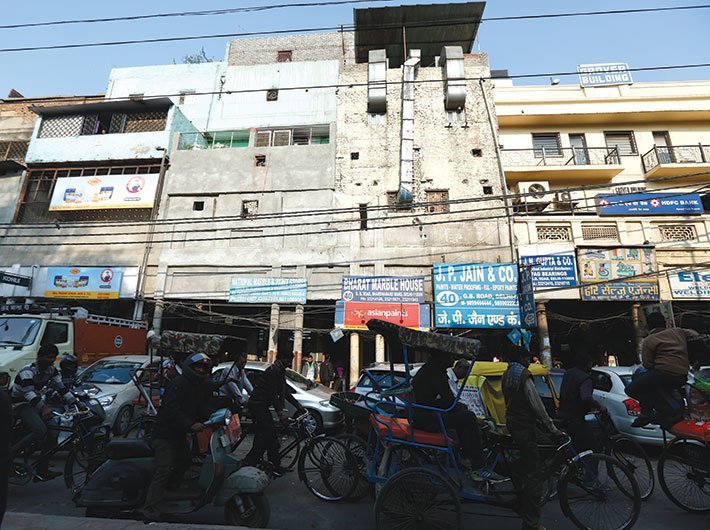Misdirected oppositions to anti-trafficking bill sabotages interests of victims of trafficking
A recent article in the TOI reports LGBT and women’s groups seeking a review of the anti-trafficking bill that the cabinet has approved. The critiques quoted in the article claim that the bill overrides several crucial legislations including The Bonded Labour (Abolition) Act, the Juvenile Justice (Care and Protection) Act and IPC Sections 372 and 373 IPC, designated to protect minors against trafficking. It also claims that the bill does not explicitly define trafficking, and if passed, could be applied to all forms of informal labour, migrants, sex workers, LGBTQ communities, beggars, surrogate mothers and users of Tinder and Grindr. It believes that the bill has a blanket approach to the issue of bonded labour with rescue, relief, rehabilitation and repatriation and does not take into consideration the aspect of consent among voluntary sex workers, labelling them as trafficked even under legitimate circumstances.
These claims are troubling because all of these are wholly untrue. The bill is clear in stating that it does not replace any of the existing laws, and refers to IPC S370, subsection 1 for defining trafficking, and adds that any term not defined in this bill will have the meaning as defined in the Indian Penal Code, the Code of Criminal Procedure, 1973, the Information Technology Act, 2000 and the Juvenile Justice (Care and Protection of Children) Act, 2015.
Any law is applied when there is a complaint registered by a victim. This bill, if passed into a law as it is now, will only come into effect if the investigative body receives a complaint or intelligence of a person being trafficked, or if a victim lodges a case against traffickers. There is a legitimate concern of sex workers and sexual minority communities of being further harassed, threatened and abused by a law when they don’t have laws protecting their rights. However, given that this bill borrows the IPC S370 definition of trafficking, this bill does not change anything with respect to vulnerabilities of the communities referred to in the article. On the contrary, this law for the first time stays away from the moral prejudice against prostitution (something that the ITPA has often been accused of) and focuses on trafficking itself - the criminal acts of recruitment, transfer, harbouring, buying and selling persons through debt bondage, coercion, threat, force or abuse of power, and recognises that the outcome may be for any form of forced labour - domestic work, forced marriage, forced prostitution or any other.
The bill identifies responsible authorities and procedures for investigation, rescue and post-rescue processes, and lays down checks and balances to curb abuse of the law to the extent it is possible. A law does not detail operational procedure which is the matter for central and state rules and various stakeholders must ensure appropriate sections to prevent abuse of the law.
With my experience and insight into the anti-trafficking ecosystem, I support this bill, because it un-conflates trafficking and prostitution and addresses all forms of trafficking. Having consulted with survivors of trafficking on this bill, I found that they find greater agency and leverage accountability to secure reparation, health services, economic rehabilitation and community based services instead of being institutionalised. I found them very excited by the provision of punishment for duty bearers for dereliction of duty and negligence that this legislation provides. The legislation even defines rehabilitation, which does exist in any of the current legislations for trafficking, bonded labour or child labour laws.
It’s possible that the critiques are afraid of the legislation because they are either inadequately informed, or unduly afraid. This law isn’t about sex work, or marriage, or agricultural work or domestic work, it is about trafficking for any of these or any other forms of labour, and it is important to note this distinction.
As a feminist, I believe and advocate for equal rights for queer communities and voluntary sex workers as strongly as I do for victims of human trafficking. I support adults engaged in sex work should have protections from extortion, corruption, political control, rape and violence. I don’t see how queer activism and sex workers’ rights movement should have to compete with struggles of victims of human trafficking. This bill can strengthen the case for repealing of ITPA, but the opposing parties don’t refer to this possibility. That, I suspect, is an unhappy result of narrow political agenda of a few.
Banerjee is a trained psychologist and a human rights activist, having extensive experience of working with survivors of trafficking and collectives working on rights of victims of trafficking.
pompi.banerjeekc@gmail.com
